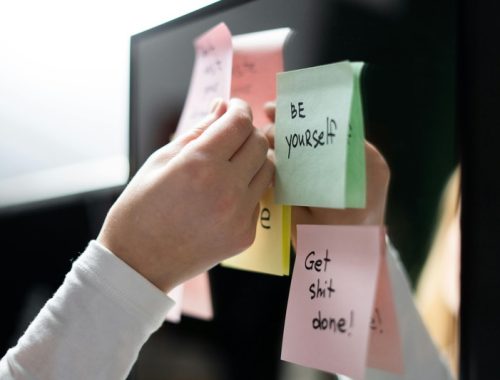
Self Help Skills: Making Yourself Better One Day at a Time
Embracing Self Help Skills for Lasting Change
Self-help skills empower you to create meaningful change in your life. Whether you want more confidence, better health, or new perspectives, these skills can be your guiding light. Every small improvement leads to a greater sense of accomplishment. And, when you incorporate self-help skills into your daily routine, you can see a continuous and steady transformation. These changes are sustainable because they come from within, allowing you to experience personal growth at your own pace.
Setting Clear Goals
One of the most important self-help skills is setting clear goals. With precise and realistic objectives, you give yourself direction and motivation. Setting small, achievable goals can prevent you from feeling overwhelmed. Instead of focusing solely on long-term goals, break them into daily or weekly tasks. Each accomplishment, however minor, moves you closer to your larger vision. Your self-esteem also grows, as every completed goal proves your ability to succeed.
Self help Skills include Positive Thinking
Positive thinking is a foundational self-help skill that reshapes your mindset. When you focus on positive aspects, challenges seem more manageable, and you feel more resilient. Embracing an optimistic outlook doesn’t mean ignoring life’s difficulties; it means approaching them with hope and determination. Each day, try to find something to be grateful for, or focus on one positive quality about yourself. This habit, when practiced consistently, enhances both your self-confidence and your overall happiness.
Nurture Self Help Skills by Building Self-Discipline
Self-discipline is essential for achieving personal goals, making it a crucial self-help skill. Without discipline, it’s challenging to follow through on plans or stay consistent. Start by making small commitments and honoring them. For example, if you want to read more, set aside 10 minutes each day rather than aiming for an hour. Consistent action, no matter how small, builds self-discipline over time. As you strengthen this skill, achieving larger goals becomes much easier and more attainable.
Developing Mindfulness
Mindfulness is another valuable self-help skill that helps you stay present. By paying attention to the present moment, you reduce stress and increase awareness of your thoughts and emotions. Practicing mindfulness can be as simple as focusing on your breathing or observing your surroundings without judgment. This skill helps you manage emotions better, making you less reactive to situations. Over time, mindfulness brings a sense of calm and clarity to your life.
Fostering Resilience
Resilience is the self-help skill that keeps you moving forward, even during setbacks. When you’re resilient, challenges are seen as learning opportunities rather than roadblocks. Building resilience begins with a shift in mindset: view challenges as a chance to grow. Also, remember past achievements when facing difficulties to remind yourself of your strength. By nurturing resilience, you empower yourself to handle life’s ups and downs without losing focus or motivation.
Nurturing Healthy Relationships
Healthy relationships play a significant role in your well-being, making relationship-building an essential self-help skill. Strong connections with others offer support, encouragement, and perspective. To nurture these bonds, practice active listening and show appreciation for those around you. Surrounding yourself with positive people can inspire you to improve further. Healthy relationships also provide emotional support, making it easier to pursue other self-help skills with confidence.
Prioritizing Self-Care
Self-care is a self-help skill that supports all other areas of growth. When you prioritize self-care, you’re better equipped to tackle challenges. Make time each day for activities that bring you joy or relaxation. Self-care can be as simple as taking a walk, reading a book, or enjoying a hobby. This intentional time for yourself restores your energy and improves your mental health. As you take better care of yourself, you’ll find it easier to work on other self-help skills.
Conclusion: Progress, Not Perfection
Developing self-help skills is a journey, not a destination. Progress may be gradual, but every step brings you closer to the person you want to become. Celebrate your achievements, big or small, and keep focusing on personal growth. With consistent effort, your self-help skills will continue to expand, helping you navigate life with confidence, resilience, and purpose. Remember, it’s about getting better each day—one self-help skill at a time.





